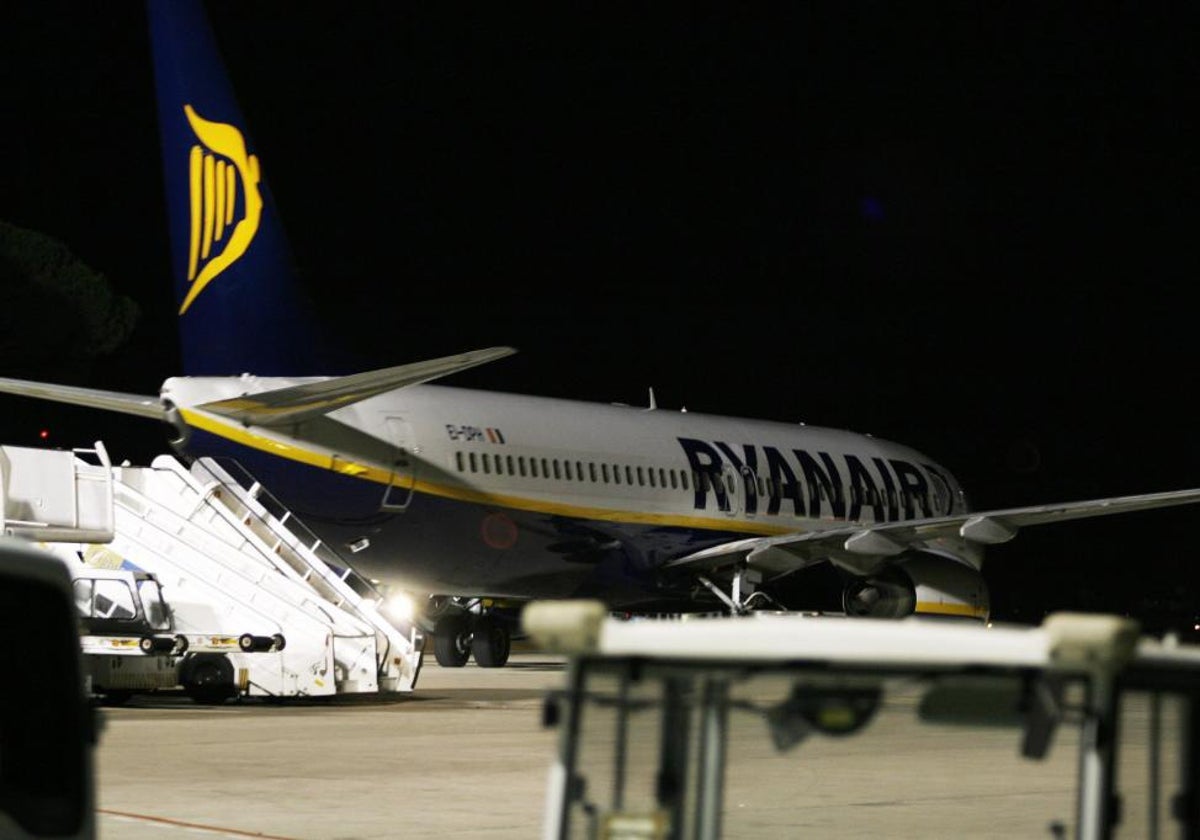Friday, 5 September 2025
The president of Destino Jerez, Antonio Mariscal, has described the confirmation of Ryanair’s closure at Jerez de la Frontera airport in the Andalucía region of southern Spain for the winter season as “another bucket of cold water” to be poured over Cadiz province. The Irish airline’s decision puts the city and the wider area in “a quite desperatesituation“, with the losses from the decision estimated to be around 80 million euros for the local economy.
Mariscal is firmly of the view that this is “a lot of money” to lose for a province that “has a very special socio-economic situation and is heavily dependent on the tourism sector“.
“This confirms that we are still in free fall, with an airport that in 2005 was handling almost two million passengers and that now, in 2025, if we reach 800,000, I think that would be regarded as a lot.”
Mariscal also acknowledged that the Jerez tourism sector “did not have much hope” that Ryanair would “reverse” this decision announced before the summer to close its routes from this airport, regretting that the negotiations between the airline and Aena (Spain’s main airport operator) “haven’t gone better” but rather “have gotten worse”.
“We cannot be spectators to this failure to agree, because neither the people, nor companies, nor regions can be held captive by this lack of agreement, by a complete deadlock to negotiations between Aena and Ryanair,”,stated Mariscal. He then pointed out that the Junta and the Diputación de Cadiz provincial authority, through the Junta’s tourism promotion company, Turismo Andaluz, and the regional tourist board, “have tried to find new airlines to fill the Ryanair gap” without success, since “this has not been possible”.
Regarding this issue, he went on to point out that Ryanair’s operations, with its fleet and the number of stopovers it operates, “make it impossible for any airlines to fill the space”.
Thus, he warned that “we are in a pretty desperate situation” because the loss of Ryanair flights represents “almost 20% of our city’s entire operations”, noting that, so far this year, Jerez Airport has lost 160,000 passengers, of whom “we have estimated that 65,000 were likely to be tourists coming to Jerez.”
On top of the loss of Ryanair flights from Jerez, Mariscal added “the deficits” in terms of infrastructure, with a high speed train service in Spain that “does not reach Cadiz” and an AP-4 motorway to Seville that “has already shown that it couldn’t be more saturated”. All this, he reiterated, is “a cold bucket of water over not only our tourist industries, but for all businesses in the area and for the general public, who are finding it increasingly difficult to get in and out.”
As already stated on this matter, Cadiz is “a forgotten province” and this lack of connections is detrimental to a city that aspires to be European Capital of Culture, referring to Jerez’s bid for 2031. “If we were to have a good communications infrastructure in the province, it is easier for companies to settle here”, he said, pointing to projects such as the aeronautical hub and the large, established industries such as Acerinox and Navantia.
In addition to the loss of travel options, this leader of Cluster Turístico Destino Jerez (an association that promotes tourism for Jerez) added “the lost opportunities” that this drop in passengers represents throughout this year. He argued that “160,000 passengers are not 160,000 opportunities, but they are lots of people who can stay here, who can set up businesses here or who see that it’s a good place because of the connections they have to buy a second home or 1,000 other things.”
Regardless of all this hassle, Antonio Mariscal thanked those tourists who, “despite the connection difficulties”, decided to spend their holidays in the province, joking that “weshould give a prize” to all those who decide to come to Cadiz, because “it’s not easy to get here and they’re making it increasingly difficult for us, that’s the reality.”
In his opinion, regional airports in Spain, such as those in Jerez, Valladolid and Santiago, “can play an essential role in spreading tourism more evenly around the country” so that “the impact of tourism is shared among everyone”, fostering a “more sustainable” model for the tourism industry, which is so important to the national economy.
